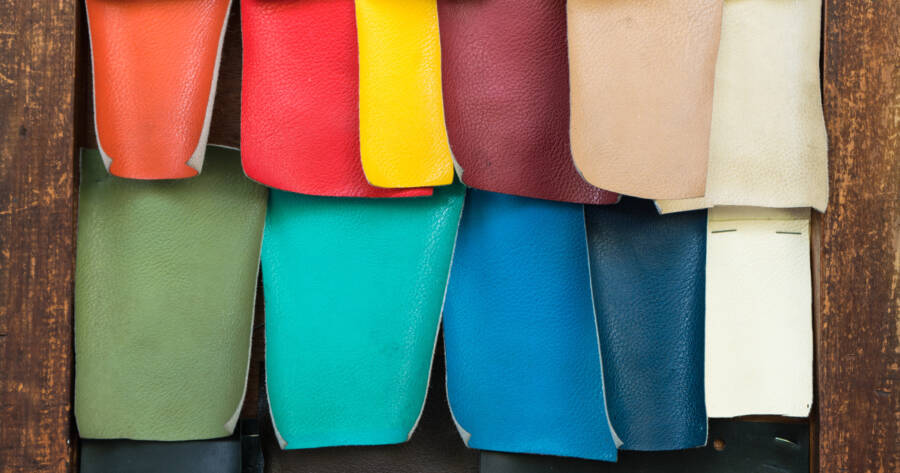Want to discover a world of sustainable and compassionate materials? Explore vegan alternatives to leather, including pineapple, cork, and mushroom-based products, as well as recycled plastic accessories. Learn more about exciting vegan leather alternatives!
Alternatives for Eco-Conscious Consumers
In recent years, there has been a growing demand for sustainable and eco-friendly products, and the fashion industry is no exception. Vegan leather alternatives have emerged as a popular choice for consumers seeking cruelty-free and environmentally conscious options. These alternatives offer a wide range of benefits, including reduced environmental impact, ethical production practices, and durability.
The vegan leather market is projected to reach a value of USD 97 million by 2027, driven by increasing awareness of animal welfare and environmental concerns. 1 Major players in the industry, such as Stella McCartney, Hugo Boss, and Adidas, have already incorporated vegan leather into their product lines, catering to the growing demand for sustainable fashion.
Sustainable Pineapple Leather Products
One of the key advantages of vegan leather alternatives is their reduced environmental impact. Traditional leather production involves the raising and slaughtering of animals, which contributes to greenhouse gas emissions and water pollution. In contrast, vegan leather alternatives are made from plant-based materials or recycled plastics, which have a significantly lower environmental footprint.
For instance, a study conducted by the University of Cambridge found that producing vegan leather from pineapple leaves generates 80% fewer greenhouse gas emissions compared to traditional leather production. Additionally, vegan leather requires less water and land, making it a more sustainable option in regions facing water scarcity and deforestation.
Explore Pineapple, Cork, Plastic & Mushroom Leather Brands
The versatility of vegan leather alternatives allows for a wide range of applications, from fashion accessories to furniture and automotive interiors. Some of the most popular vegan leather alternatives include:
- Pineapple leather: Derived from pineapple leaf fibers, pineapple leather is a durable and water-resistant material that closely resembles traditional leather. Brands such as Piñatex and Ananas Anam use pineapple leather to create handbags, shoes, and clothing. 2
- Cork leather accessories: Sourced from the bark of cork oak trees, cork leather is a natural and biodegradable material known for its durability and water-resistant properties. Portuguese companies like Amorim and Corticeira Amorim produce cork leather products, including handbags, wallets, and shoes.
- Recycled plastic vegan leather: Made from post-consumer plastic waste, recycled plastic leather helps reduce plastic pollution and contributes to a circular economy. Brands such as Freitag and Sylven use recycled plastic leather to create backpacks, luggage, and accessories.
- Mushroom leather: Cultivated from mycelium, the root structure of mushrooms, mushroom leather is a biodegradable and renewable material. Companies like MycoWorks and Bolt Threads are developing mushroom leather products, including shoes, bags, and furniture.
These are just a few examples of the many vegan leather alternatives available in the market. As technology advances and consumer demand grows, we can expect to see even more innovative and sustainable materials emerge in the future.
Explore More Vegan Leather Alternatives
The shift towards vegan leather alternatives is a positive step towards a more sustainable and compassionate fashion industry. By choosing cruelty-free and eco-friendly products, consumers can make a significant impact on the environment and support ethical practices.
Explore the diverse range of vegan leather alternatives available and discover how you can contribute to a more sustainable future.
